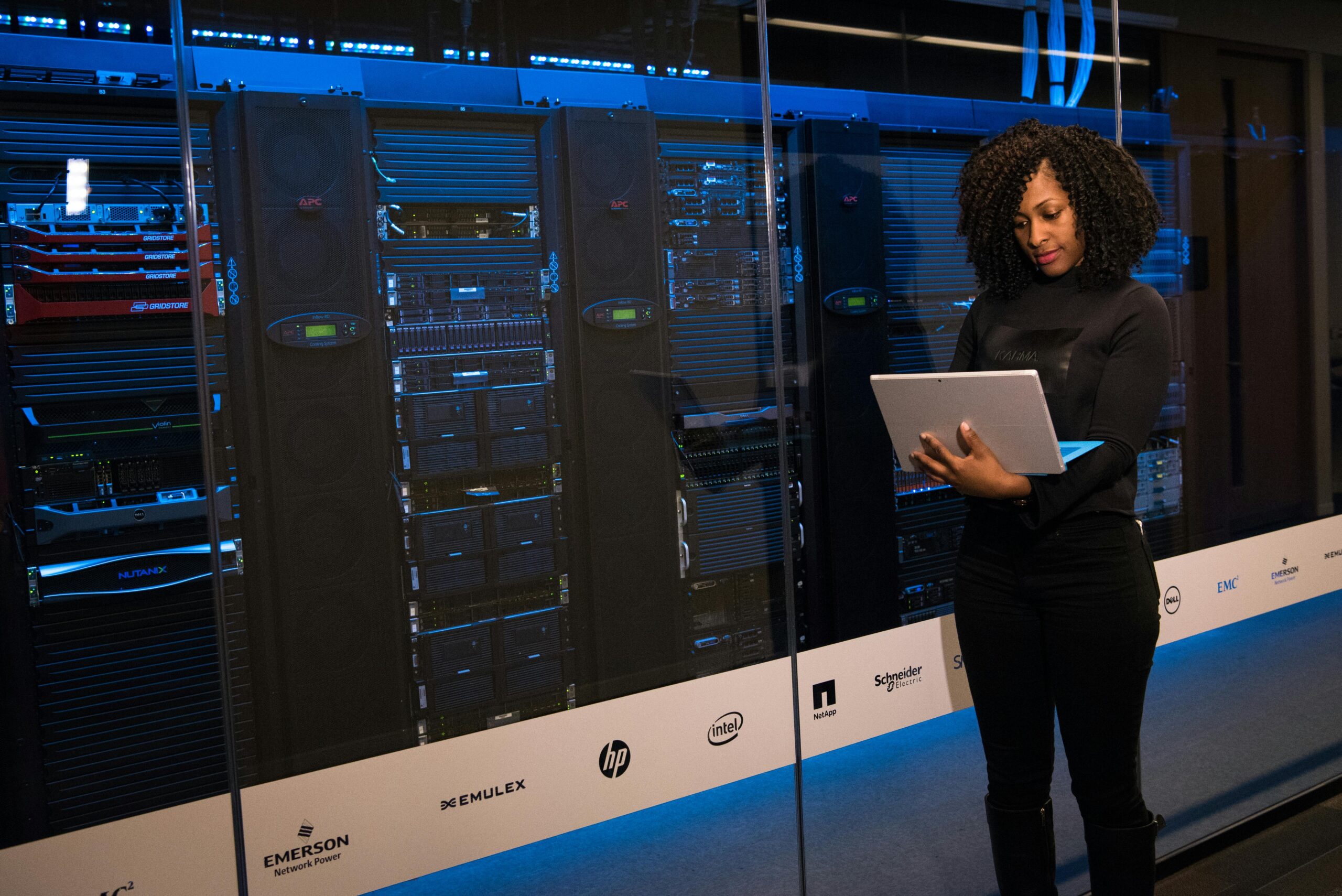Introduction
The AWS continues to evolve in 2025 & managing cloud expenditure has become both a strategic advantage & a financial need. The ballooning demands of AI, HPC & dynamic enterprise workloads make AWS cost optimization not just about savings. The focus is on resilience, efficiency & agility. The guide explains the most impactful cost saving strategies for AWS in 2025. The aim is to ensure that your cloud investment delivers maximum value.
Must-Have Strategies for AWS Cost Optimization in 2025
1. Understand & Monitor Your Spending
The first step is clarity. The usage patterns can be explored using tools like AWS Cost & Usage Reports (CUR), Cost Explorer, AWS Budgets & Cost Anomaly Detection. The aim is to spot inefficiencies & unexpected spikes. The continuous monitoring builds proactive decision making & tighter financial control.
Amazon Web Services Inc.
Repost
DataCamp
2. Implement a Robust Tagging Framework & Budgets
The tags help to allocate costs by team, environment or project. The method is critical for accurate analysis & accountability. The enforcement can be done via IaC & regular audits. The budgets can then be set per unit like product or team. The alerts are useful for overspending.
Finout
AWS Documentation
3. Take Advantage of AWS Pricing Models Savings Plans & Reserved Instances
The long term savings can be locked in using Savings Plans like Compute, EC2, SageMaker or Reserved Instances for EC2, RDS, Redshift & others. The discounts can reach up to 70%. The Savings Plans offer flexibility & Reserved Instances offer deeper but more rigid discounts.
Amazon Web Services Inc.
AWS Documentation
Wikipedia
4. Use Spot Instances & Auto-Scaling for Elastic Compute
The Spot Instances are available at discounts up to 90%. The method offers big savings for fault tolerant workloads like batch jobs or CI/CD pipelines. The Spot Instances can be combined with auto scaling groups to scale efficiently. The system can handle interruptions & fallback to on demand or reserved instances when needed.
Finout
Wikipedia
5. Right-Size & Modernize Instances
The workloads must be assessed often to downsize oversized compute or storage resources. The move can be made to more cost effective generations or architectures like AWS Graviton processors. The newer instance families such as C8gn & fractional GPU G6f instances introduced in 2025 also offer value.
AWS Documentation
Wikipedia
6. Efficient Storage & Lifecycle Management
The idle or excessive storage can be removed using lifecycle policies. The seldom used data can be archived onto cheaper tiers. The unused EBS volumes or snapshots can be cleaned up. The tagging & auditing of storage help to eliminate cost leaks.
Amazon Web Services Inc.
7. Invest in Cloud Cost Intelligence Tools
The AWS provides native cost tools. The third party platforms like Finout & CloudZero give stronger analytics, anomaly detection, virtual tagging & clear views across services & accounts. The approach makes optimization scalable & driven by insights.
Finout
CloudZero
8. Leverage Infrastructure Modernization for AI & High-Performance Workloads
The landscape in 2025 is driven by AI & HPC workloads. The optimization of infrastructure end to end is now essential. The right choice is to select cloud optimized hardware, use AI accelerators & improve compute density. The result is better efficiency, lower cost & sustainability.
TechRadar
Snapshot Table: 2025 AWS Cost Optimization Strategies
| Strategy | Description | 2025 Highlights & Insight |
|---|---|---|
| Monitor & Alert | The use of AWS CUR, Cost Explorer, Budgets & Anomaly Detection | The proactive cost control |
| Tagging & Budget Governance | The tags across projects & teams enforced via IaC & set cost thresholds | The granular visibility & accountability |
| Savings Plans / Reserved Instances | The commit to 1–3 year usage for huge discounts | The balance of flexibility & cost savings |
| Spot Instances + Auto Scaling | The use of low cost compute with scalable architectures & fallback | The maximum elasticity & cost efficiency |
| Right Sizing & Modern Architectures | The optimize of resource sizing & adoption of Graviton or new instance types | The higher price performance with C8gn & G6f |
| Storage Optimization | The archive, clean up & downscale of idle storage assets | The reduced waste & better storage ROI |
| Cost Intelligence Tools | The use of Finout, CloudZero or others for deeper analytics & insights | The clear view across accounts & services |
| Hardware Modernization | The option for AI accelerators & compute dense infrastructure | The efficiency gains & sustainability focus |
Why These Strategies Matter in 2025
AI-Powered Efficiency
The rising demand for AI & HPC workloads needs smarter infrastructure choices for cost & performance.
TechRadar
Optimized Chip Performance
The Amazon Trainium2 chips give 30 to 40 percent better price performance for AI workloads. The improvement makes AI more affordable.
Business Insider
Cloud Spend as Strategic Priority
The fact is that almost half of enterprise workloads are now in the cloud. The 72 percent of IT leaders give priority to optimization. The smart cost strategies are no longer optional. The strategies are now the foundation.
TechRadar
Conclusion
The AWS cost optimization in 2025 goes beyond budget cutting. The idea is to empower your organization through strategic, efficient & future ready infrastructure. The layered strategy from insights & tagging to hardware modernization & AI aware methods sets the stage for scalable & sustainable cloud operations.
The time to start the optimization journey is now. The step is to monitor closely, tag efficiently, reserve smartly, scale flexibly & modernize with care. The future of cloud cost efficiency starts here.


